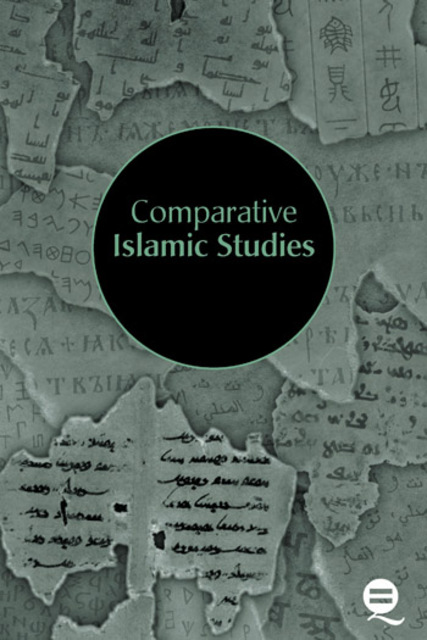Australia’s Indigenous Peoples and Islam: Philosophical and Spiritual Convergences between Belief Structures

Full description
There is a growing scholarly interest in Australia’s Aboriginal and Torres Strait Islander peoples’ engagement with Islam. This interest has highlighted some significant historical points of contact, such as with the Makassan fishermen, the Afghan cameleers, and the Malay pearl divers. Historical engagements with Islam, such as these, have influenced the contemporary identity formation for some Indigenous peoples, by acknowledging the historical connections without embracing Islam or identifying as a practicing Muslim. That some Indigenous people with no known familial historical engagement with Islam have embraced Islam has raised surprise, concern, and confusion. As it has primarily been historians, sociologists, and anthropologists that have heretofore been attempting to document and understand Aboriginal and Torres Strait Islander peoples’ engagement with Islam, it is unsurprising that the suggested reasons for such engagement have been historical, sociological, and anthropological. Without dismissing or contradicting the existing research, this article will suggest that current literature does not explicitly account for philosophical and spiritual convergences between the belief structures of Australia’s Indigenous peoples and Islam in the explanation of both historical and contemporary engagements.
- typeImage
- created on
- file formatjpeg
- file size79 KB
- container titleComparative Islamic Studies
- creatorAbu Bakr Sirajuddin Cook; Salih Yucel
- issnISSN:1743-1638 (online)
- issue12.1/2
- publisherEquinox Publishing Ltd.
- publisher placeSheffield, United Kingdom
- rightsEquinox Publishing Ltd.
- volume
- doi
We use cookies to analyze our traffic. Please decide if you are willing to accept cookies from our website. You can change this setting anytime in Privacy Settings.
